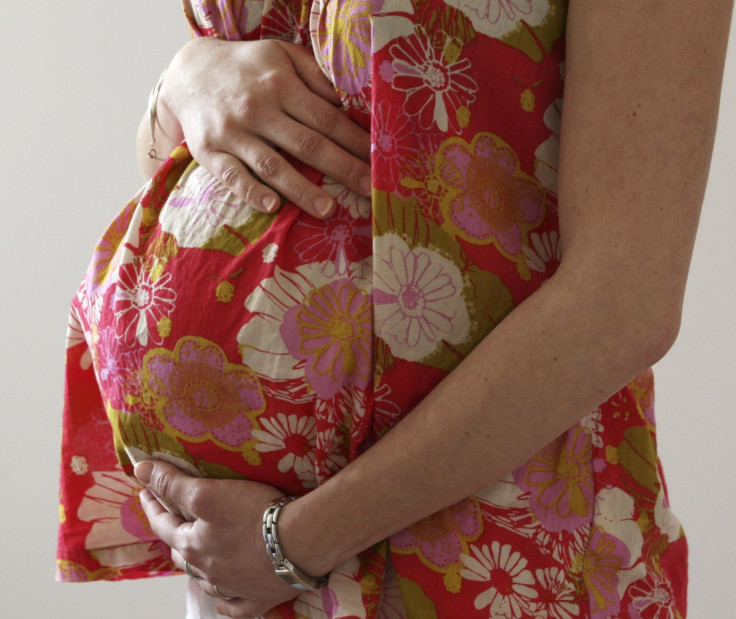World's first babies born to women with wombs donated by their own mothers

Two women have given birth using wombs donated by their own mothers in a world first for fertility.
Both babies were born in Sweden a month ago and are doing well at home with their mothers.
Experts say the breakthrough could pave the way for tens of thousands of women in Britain who are unable to have children because they were born without a womb or had to have it removed, the Daily Mail reports.
The women were among the seven women to have successful womb transplants. Another women who had a womb transplant gave birth earlier this year – but the donor was unrelated. A fourth woman who had a womb transplant is currently pregnant and is believed to be doing well.
Both babies were born via caesarean section. The first baby was born to a 29-year-old Swede who was born without a womb. The second was 34 and had her womb removed in her 20s as part of her cancer treatment.
The grandmothers had hysterectomies to donate their wombs. Allan Pacey, from the British Fertility Society, said: "That's a very good success rate for a new surgical procedure. If it carries on like this, it may have a massive impact on things like surrogacy. Women would much prefer to have their own baby and be pregnant than watch another woman be pregnant."
Henrik Hagberg, a professor in foetal medicine at King's College London, added: "It is an absolutely extraordinary gift. It is probably the best thing you can do for your daughter. The mothers were still very much doubting whether things would really go well. You don't take anything for granted when you have experienced all of the problems they have been through."
He said he hopes for further transplants of this kind in the future by reducing the operation time to make the procedure more appealing, adding that he is interested to see what will happen in Britain where experts plan to use wombs from brain-dead donors.
Richard Smith, head of the charity Womb Transplant UK, said he believes the first womb transplant could be carried out in Britain next summer.
While the surgery is fairly straightforward, doctors say the biggest concerns is how the organ copes with pregnancy.
© Copyright IBTimes 2025. All rights reserved.






















